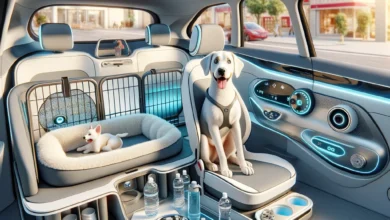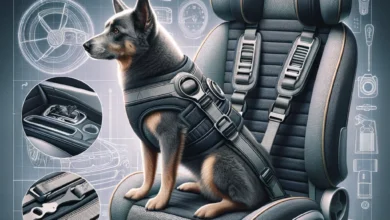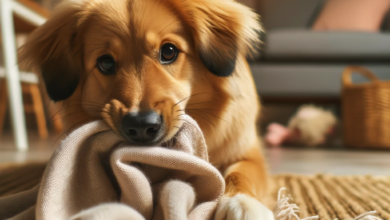Why is my german shepherd eating poop ? 2024
How do I get my German shepherd to stop eating poop?
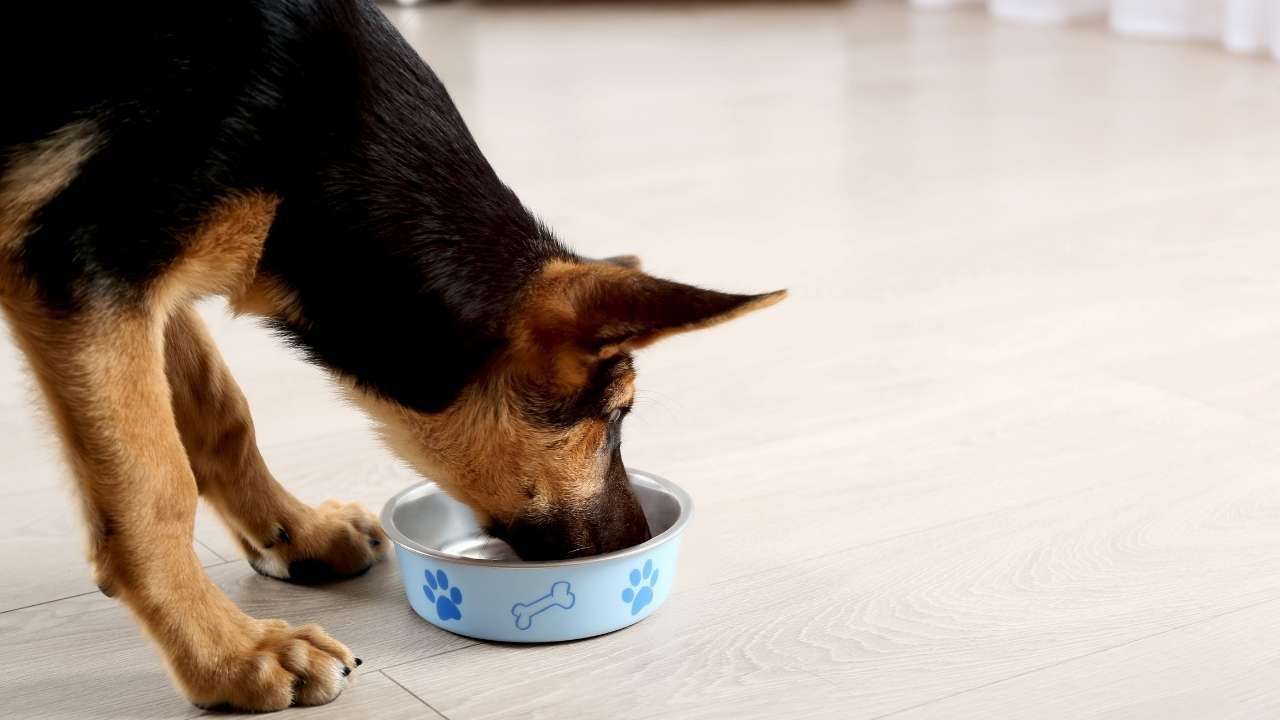
Having a German Shepherd that engages in coprophagia, or the consumption of feces, can be a concerning and perplexing issue for dog owners. This behavior, though not uncommon, raises questions about the dog’s well-being and requires careful consideration. In this article, we will explore the reasons behind this behavior and outline steps to address and prevent coprophagia in German Shepherds.
Why is my german shepherd eating poop ?
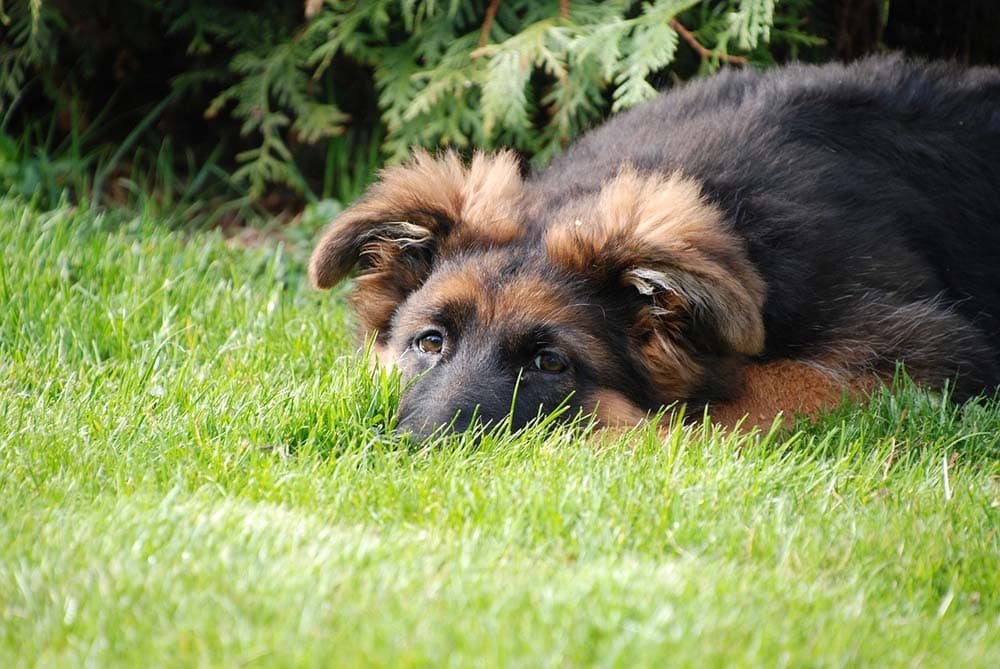
Understanding the Behavior:
German Shepherds, like many other dogs, may exhibit coprophagia due to their natural instincts and behaviors. Historically, scavenging for food was essential for survival in the wild, and this trait may persist in domesticated dogs. However, several factors can contribute to coprophagia, including dietary deficiencies, behavioral issues, medical problems, and attention-seeking behavior. Puppies, in particular, may explore the world through their mouths, leading to coprophagic tendencies.
Assessing Diet and Nutrition:
One of the first steps in addressing coprophagia is to evaluate the dog’s diet. Commercial dog food quality and nutritional content play a crucial role in preventing this behavior. Consulting with a veterinarian can help identify any dietary deficiencies and guide adjustments or the introduction of nutritional supplements.
Addressing Behavioral Issues:
Environmental enrichment and proper training are essential components of managing coprophagia. Providing mental stimulation and sufficient physical exercise can help redirect your German Shepherd’s attention. Basic commands and positive reinforcement training techniques can also be effective in curbing undesirable behaviors.
Rule Out Medical Causes:
A veterinary examination is crucial to rule out any underlying medical issues contributing to coprophagia. Parasites, intestinal problems, and malabsorption issues should be investigated. Diagnostic tests, including blood tests and fecal examinations, may be necessary for a comprehensive evaluation.
Preventive Measures:
Preventing coprophagia involves proactive measures such as proper waste disposal and prompt cleanup. Enzymatic cleaners can be used to eliminate traces of feces. Supervision and management play a key role in restricting access to feces, and muzzles can be employed if necessary.
How do I get my German shepherd to stop eating poop?
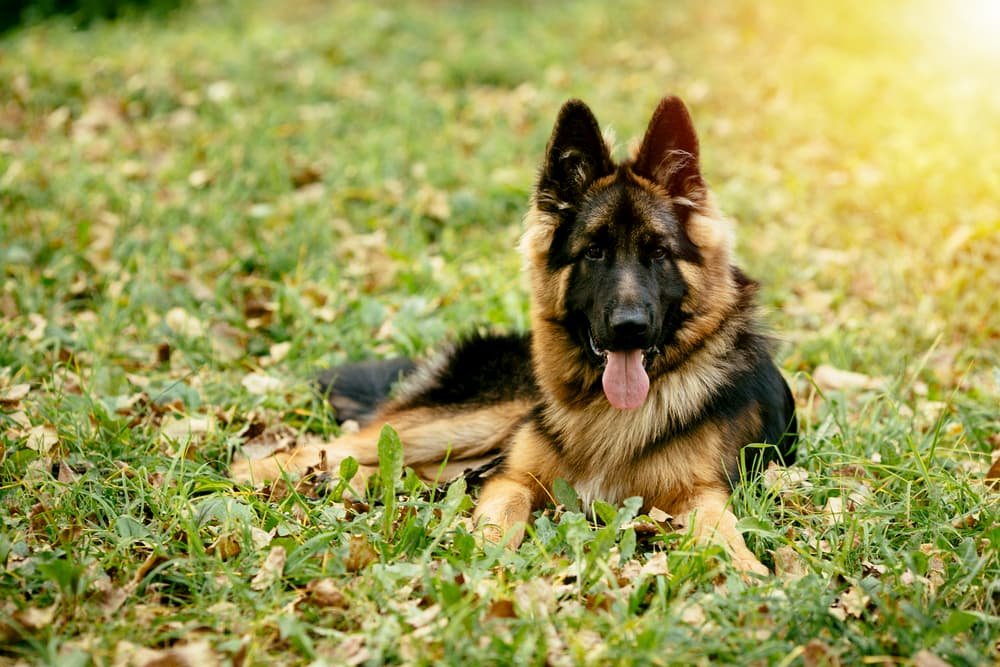
Stopping a German Shepherd from eating poop, or coprophagia, can be challenging, but with consistent effort and a holistic approach, you can address and minimize this behavior. Here are some practical steps to help you:
- Consult with a Veterinarian:
- Schedule a visit with your veterinarian to rule out any underlying medical issues that might be causing the coprophagia. Health problems such as malabsorption or dietary deficiencies could contribute to this behavior.
- Evaluate the Diet:
- Ensure that your German Shepherd is on a well-balanced and nutritious diet. Consider switching to a high-quality dog food that meets their nutritional needs. Sometimes, coprophagia can be a result of nutrient deficiencies.
- Supervise and Manage:
- Keep a close eye on your dog when they are outdoors. If they have a tendency to eat feces, leash them or use a long line to control their movements. This allows you to intervene and redirect their attention when needed.
- Prompt Cleanup:
- Immediately remove feces from the environment. Regularly clean your yard or walking areas to eliminate the temptation. The less access your dog has to feces, the lower the likelihood of them engaging in coprophagia.
- Use Deterrents:
- There are commercial products available that you can add to your dog’s food to make their feces less appealing. These products are designed to give the feces an undesirable taste, discouraging your dog from eating it. However, their effectiveness varies.
- Training and Positive Reinforcement:
- Incorporate basic obedience training into your routine. Teach commands like “leave it” or “drop it.” When your dog shows interest in feces, use these commands and reward them with praise or treats when they comply.
- Environmental Enrichment:
- Ensure your German Shepherd receives plenty of mental and physical stimulation. Boredom can contribute to undesirable behaviors, so provide toys, playtime, and activities to keep them engaged.
- Seek Professional Help:
- If the problem persists, consider consulting with a certified dog trainer or a veterinary behaviorist. They can provide personalized guidance and training techniques to address the specific needs of your dog.
- Consider Health Supplements:
- Some dogs may benefit from the addition of specific supplements to their diet. Consult with your veterinarian to explore options that might help curb the behavior.
- Be Patient and Consistent:
- Changing behavior takes time, so be patient and consistent in your efforts. Reinforce positive behaviors and redirect negative ones consistently. Consistency is key to breaking the habit.
